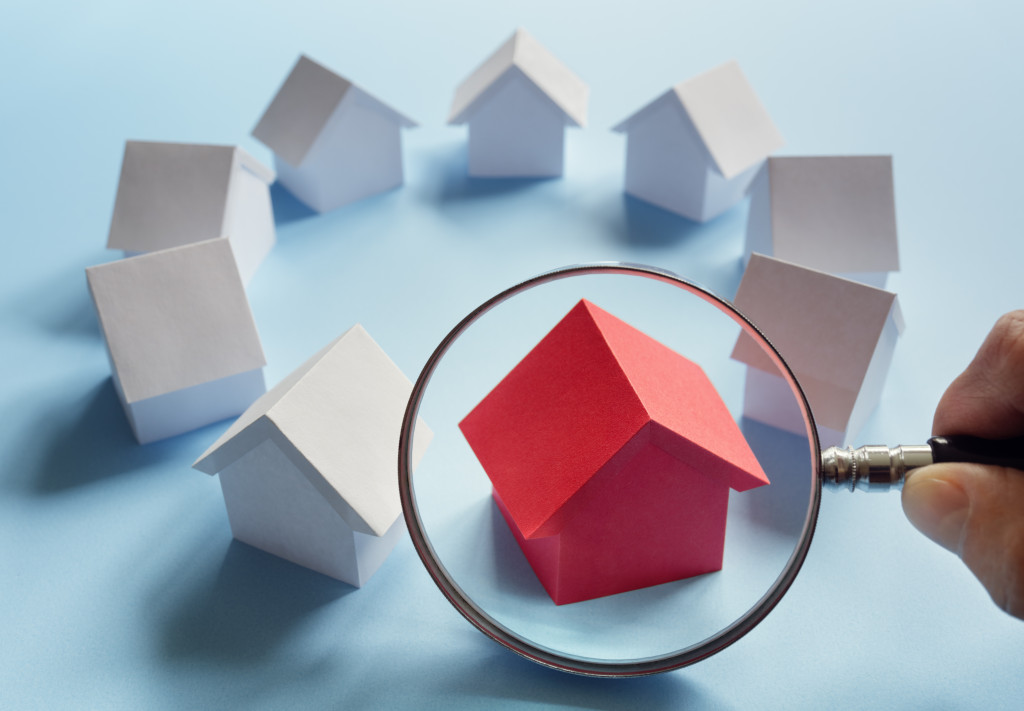Buying land or property is a big decision, but if you do it right, you will be rewarded with something that has the potential to provide an excellent return on investment (ROI). With some research and planning, buying a house and land can be one of the most profitable investments—not only for your business but also for yourself.
However, it’s important to note that buying a piece of land or property is not always easy and can be more challenging than we think. It might even take years before you get the right results out of your investment, if at all possible. Therefore, you need to be well-informed and ready for the challenge before taking this plunge.
Tips for Buying Land or Property Successfully
Investing in land or property is a great way to ensure that you have a valuable asset for the future. However, there are many things to consider when buying your next piece of real estate. Below are some tips worth considering so that you can make a good purchase and get a good ROI from your purchase in the future:
-
Location
Location is crucial because it will be the first thing potential buyers check when they visit your property. It is important that you pick a place where fewer homes are being built, so people feel that it’s less crowded and have an easier time getting to work or school.
A good location will also have conveniences nearby, such as grocery stores, restaurants, and hospitals. If you want to sell or rent out your property in the future, it will be easier to find renters or buyers if these establishments are close by. Therefore, you need to make sure that you purchase a piece of land or property in a good location.
-
Size of the Property
When buying a piece of land or property, it is important to think about how much you can afford and what you will use it for. If you want to buy a farm, make sure that you have enough acreage to support your needs. If you are looking for a property near your work or school, then make sure to check the size of the lot to ensure that it will accommodate what you need.
You will find it easier to shop around for the best property option by determining your needs. This will help prevent regrets on your part in the future.
-
Price
The price of land can vary depending on how much space you need, the location of the land, and what it is being used for. If you are looking to purchase a large piece of land, then expect to pay more than if you are buying a small lot. Likewise, farmland will be more expensive than an urban lot.

When considering the price of a property, always remember to think about the other costs of owning it. There may be property taxes, insurance premiums, and maintenance costs that you will need to budget for. Therefore, make sure to consider these things before committing to buy.
Another thing that can affect the price is location, as this will directly influence how much other people are willing to pay for it. For example, if you want a piece of land in an area with well-known landmarks or places of interest nearby, then expect your asking prices to be higher than otherwise.
As always, make sure that you consult with a real estate agent to get the best advice on what property to buy, taking all of these factors into account.
-
Zoning
It is important to check the zoning of a potential piece of land before buying it. The zoning will dictate what you can do with the property. If you want to build a home on the property, the zoning should be for residential use. If you want to develop a commercial property, check that it is zoned correctly, and if not, get an expert opinion on whether it can be re-zoned.
Getting a Good ROI on Your Investment
When buying land or property, you want to get back what you put in it. You can determine if your investment is getting good returns by looking at how much money you are making from rent and cash flow and how much equity has been generated over time.
Therefore, you must look at the financial metrics for your property, compare those to other properties, and look at how much you make each year on the land. If the return is high, it will be a good investment; if not, you should consider getting rid of that investment or running an analysis to see what can be done to increase the return.




